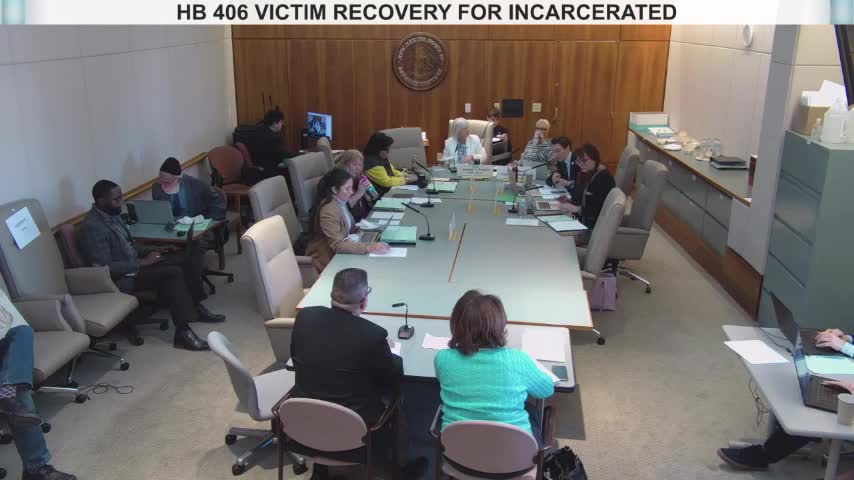Article not found
This article is no longer available. But don't worry—we've gathered other articles that discuss the same topic.
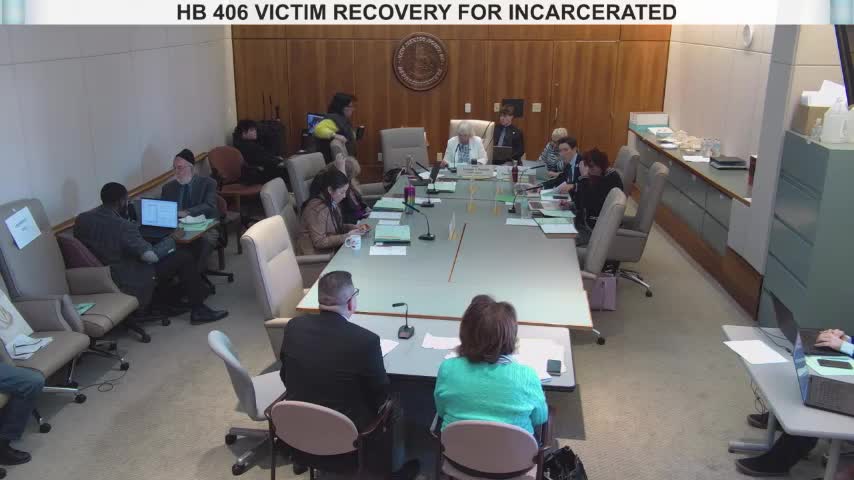
Committee advances changes to Mobile Home Park Act; landlords and residents spar over timelines and remedies
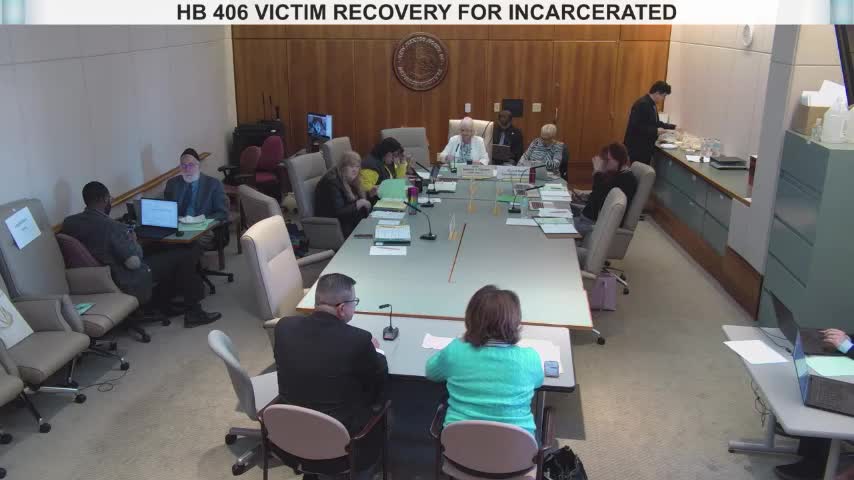
Panel advances bill allowing incarcerated victims to seek victims' reparations
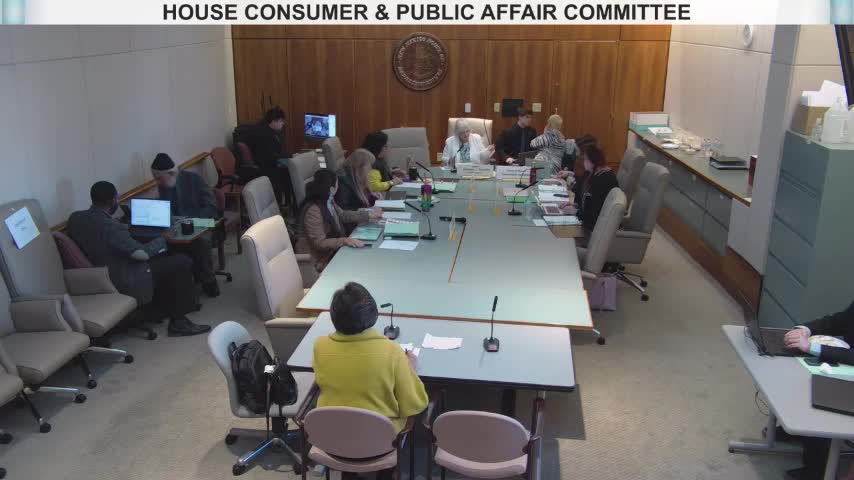
Committee backs commission to study rising grocery prices, funds $400,000 appropriation
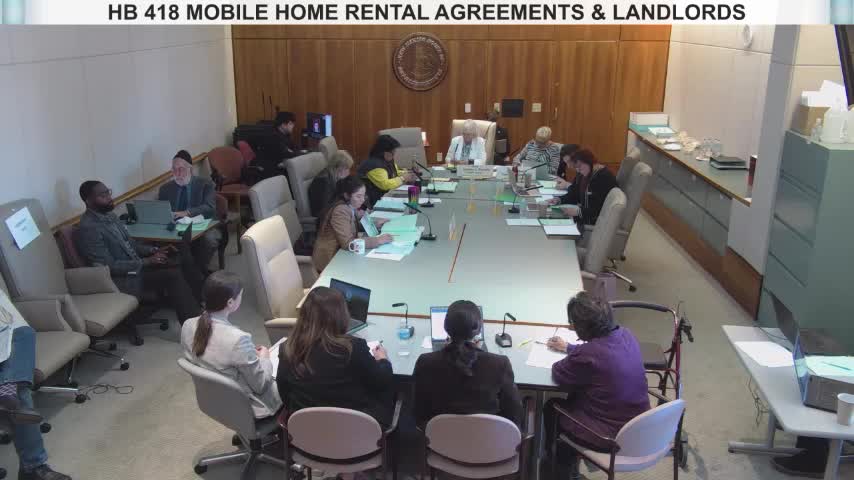
Sponsors seek temporary rent-stabilization and utility safeguards for manufactured-home parks
